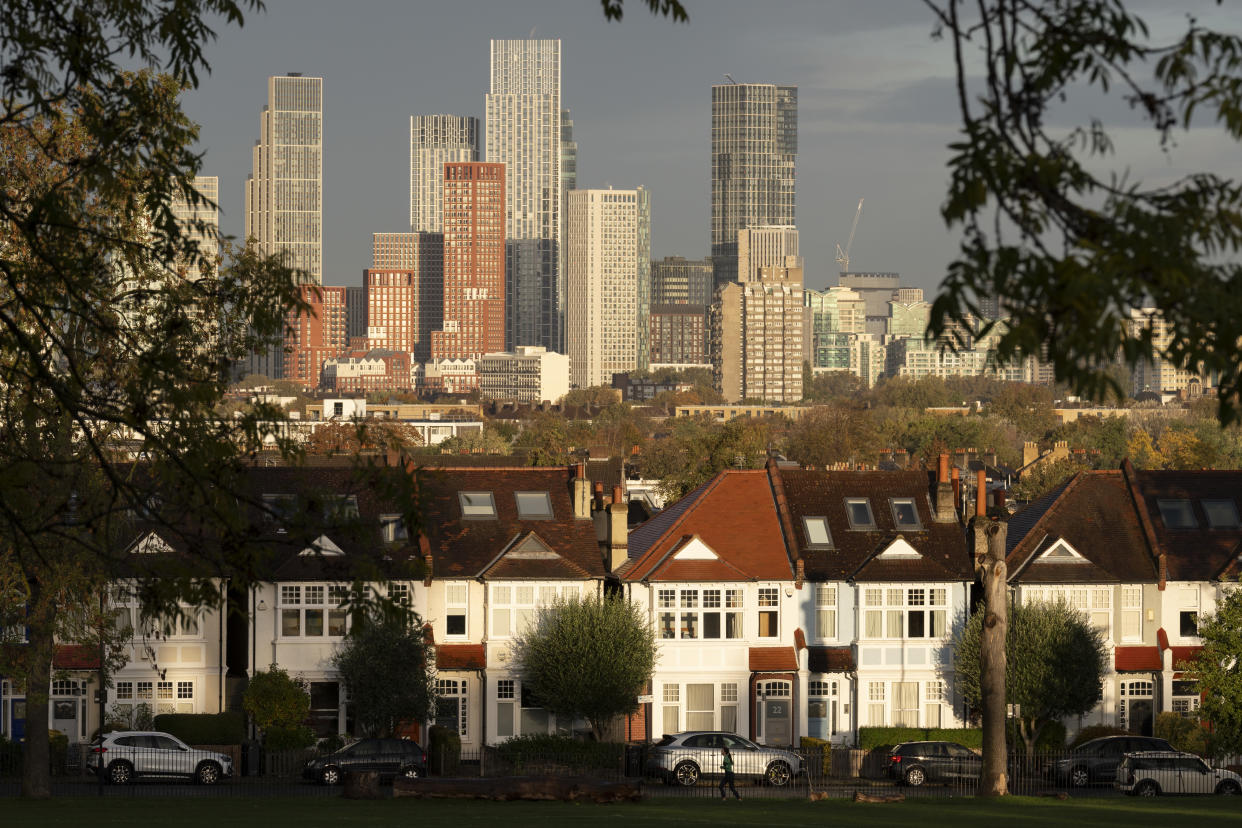What you need to know about the new leasehold reform bill

Leasehold homeowners will be given more rights and protections under new legislation that bans the creation of new leasehold properties in England and Wales.
The Leasehold and Freehold Reform Bill makes it easier for leaseholders to purchase their freehold and tackle punitive service charges.
What changes under the new Bill?
Under the reform, standard lease extension term will be increased from 90 years to 990 years for both houses and flats, with ground rent reduced to £0.
Requirements for a new leaseholder to have owned their house or flat for two years before they can extend their lease or buy their freehold will be eliminated.
It will also ban the sale of new leasehold houses in England and Wales but it does not limit the sale of new leasehold flats.
The Bill will also rebalance the legal costs regime and remove barriers for leaseholders to challenge their landlords’ unreasonable charges in court.
Read more: What FCA's building insurance reforms mean for leaseholders
Additionally, the Bill will scrap the presumption that leaseholders pay their freeholders’ legal costs.
The new rules will ensure leaseholders are protected from making payments that require no benefit or service in return and can cause issues when homeowners want to sell up.
The reform also aims to make buying or selling a leasehold property quicker and easier by setting a maximum time and fee that for home buying and selling information.
Who does it benefit?
The legislation applies to homeowners who have a leasehold on their home, which means they own the property but not the land it stands on and must pay rent to the freeholder, the person who owns the land.
The changes could make it easier for people to sell their properties and get mortgages. Under the current system leaseholders often have to pay ground rent and expensive maintenance charges.
The Bill aims to improve homeownership for millions of leaseholders in England and Wales, by making it cheaper and easier for more leaseholders to extend their lease, buy their freehold and take over management of their building.
Read more: London leaseholders hit by doubling service charges
Housing secretary, Michael Gove said: “People work hard to own a home. But for far too long too many have been denied the full benefits of ownership through the unfair and outdated leasehold system.
“That’s why liberating leaseholders forms a vital part of the government’s Long-Term Plan for Housing.
“So today marks a landmark moment for millions of leaseholders across the country, as we unveil laws to deliver significant new rights and protections, slash unfair costs and crack down on exploitation.”
What about flats?
Campaigners were disappointed that the ban on the sale of new leaseholds does include flats. There are about five million leasehold homes in England, of which 80% are flats.
However, the government has said that it aims to phase out leasehold over time all together, including flats.
When will I benefit from these changes?
The bill will be introduced to Parliament this Monday for discussion but it has a broad support across the House of Commons. Gove told the BBC that he expects the bill to be passed by the next general election, in 2024.
"I'm absolutely confident this bill will be on the statute book by the time of a general election,” he said.
"It has widespread support in the House of Commons and the House of Lords,” he added.
Watch: How much money do I need to buy a house?
Download the Yahoo Finance app, available for Apple and Android.


